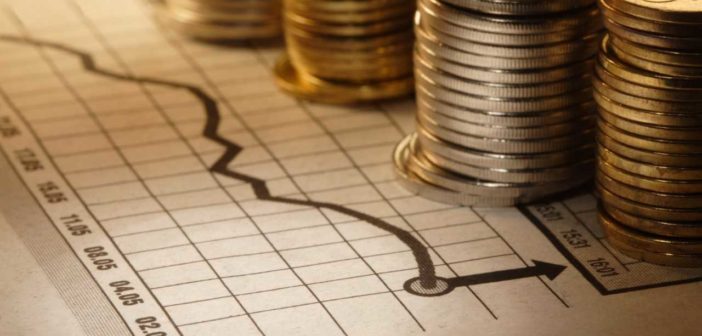When it comes to appraising the factors that impact the forex market, it’s macroeconomic conditions such as inflation and a nation’s base interest rate that typically spring to mind.
However, political and geopolitical factors also impact directly on forex and currency pair valuations, with the relationship between countries influencing everything from trade relations and GDP to associated capital inflows.
But how exactly does politics impact the forex market, and how can you read such developments as a trader and use them to your advantage?
Taking a Closer Look at Political Factors
Typically, it’s negative political events that are felt more keenly than positive ones in the forex market, with turmoil and geopolitical conflicts known to create a significant drag on relevant currency pairings.
Let’s take Brexit, for example, which saw the UK electorate vote to leave the EU in June 2016 and caused the value of the pound to plummet to a 31-year low.
What’s more, the political tension and uncertainty created by Brexit and its precise manifestation caused the GBP/EUR pairing to trade within an ever-depreciating range over the course of the next five years or so, with the pound losing considerable ground to the Euro and similar major assets like the US dollar (USD).
Interestingly, this trend was only briefly interrupted in 2018, when China and the US (under the protectionist administration of Donald Trump) entered into a disruptive and highly publicised trade war.
Persisting for a considerable period of time, it was estimated by Bloomberg Economics that the trade war would eventually cost the US economy around $316 billion by the end of 2020 in additional tariffs and diminished economic activity, fundamentally devaluing stocks and the value of the greenback (along with the asset’s appeal as a relative safe-haven currency).
In general terms, the geopolitical and international trade wars that ensued during the Great Depression era also provide a prime example of the event in action.
For example, the imposition of new and aggressive tariffs during this period saw cumulative world trade volumes plummet by up to 25%, causing already fragile economies to crumble as debt levels rose and their domestic currencies collapsed.
On a less impactful level, general elections also have a significant (albeit temporary) impact on currency valuations. This certainly occurred during the recent US election, while Trump’s failure to accept debt exacerbated this period of volatility and caused the dollar to struggle against a broad basket of major currencies.
At the heart of these factors is the incredible uncertainty caused by political and geopolitical events, which typically encourage risk-averse investors to seek flight, diminish demand and reduce capital inflows to the point where currencies are significantly devalued in the global marketplace.
How to Respond to Political Events as an Investor
Ultimately, the key for forex traders is to recognise the challenges posed by political uncertainty and its impact, before using insight and analysis to get ahead of key trends and pre-empt subsequent changes to currency prices.
When looking to trade during an election period, for example, a good rule of thumb for a forex trader is to keep a close eye on polling and exit polls and assess the likely political and economic impact of one leader being elected over another.
With truly informed analysis, this will enable you to gauge the potential course that a currency pair will take during election campaigns and once a final result has been announced.
In more general terms, you need to build a solid foundation of knowledge that extends beyond mere financial updates and economic developments.
This means exploring real-time political relationships and events in greater detail, while highlighting upcoming elections and the developments that are likely to impact directly on your chosen currency pairings.
Using a tailored economic calendar can also help in this respect, as it helps to focus your mind and analytical methods while enabling you to plan your forex trades in advance.





2 Comments
Pingback: How Do Politics Affect The Forex Market? - Gary Skentelbery - All About Corporate SEO
Pingback: How do politics affect the forex market? – The Forex NewsPaper